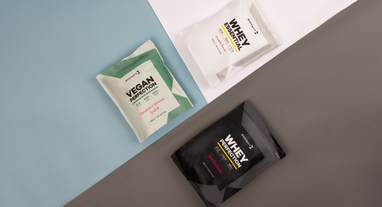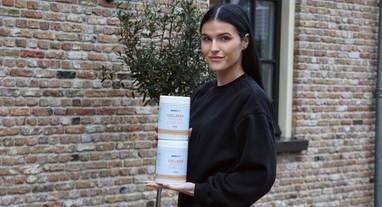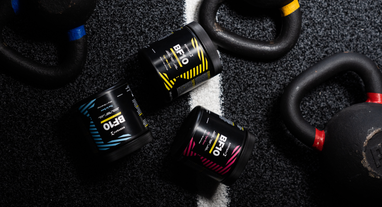5 VITAMINS FOR AN ACTIVE LIFESTYLE
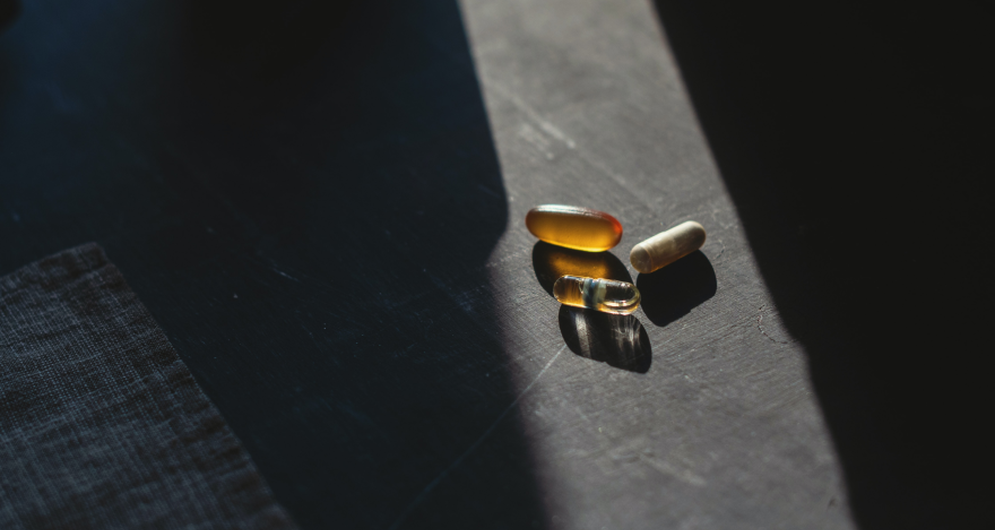
If you’re training regularly, you might wonder if you need any extra vitamins or minerals. It’s a question we often come across here at Body&Fit. Indeed, some studies show that people who live an active lifestyle may need more vitamins than those who don’t. No official guidelines exist quite yet, although you might consider supplementing some of these vitamins and minerals listed below.
Always keep in mind that vitamins and supplements should never replace a healthy, varied diet. Let food be the basis. It’s where all your most vitamins and minerals come from in the first place.
VITAMIN B
For athletes, B vitamins are especially important as they play a role in lots of bodily processes affecting performance. There are eight different B vitamins: vitamin B1 (thiamine), B2 (riboflavin), B3 (niacin), B5 (pantothenic acid), B6 (pyridoxine), B8 (biotin), B11 (folic acid) and B12 (cobalamin).
Each B vitamin has their own function in the body. Thiamine (B1), for example, helps release energy from fat, carbohydrates and proteins and vitamin B12 contributes to a normal energy-yielding metabolism. It also helps reduce tiredness and fatigue, which is why it’s often found in popular energy drinks.
You’ll mostly find B vitamins in foods, however, from grains to meat and vegetables. Beef liver is particularly high in vitamin B12 and leafy vegetables like spinach are high in folic acid (B11). You can also consider taking a multivitamin, like our Smart Multi, or a vitamin B complex.
VITAMIN C
Vitamin C helps maintain the normal functioning of the immune system during and after intense physical training. So, it’s easy to see why it’s important to keep an eye on your intake if you exercise regularly. Vitamin C is primarily found in fruits and vegetables like citrus fruits, kiwis, berries, peppers and Brussels sprouts. We also offer a wide range of vitamin C supplements.
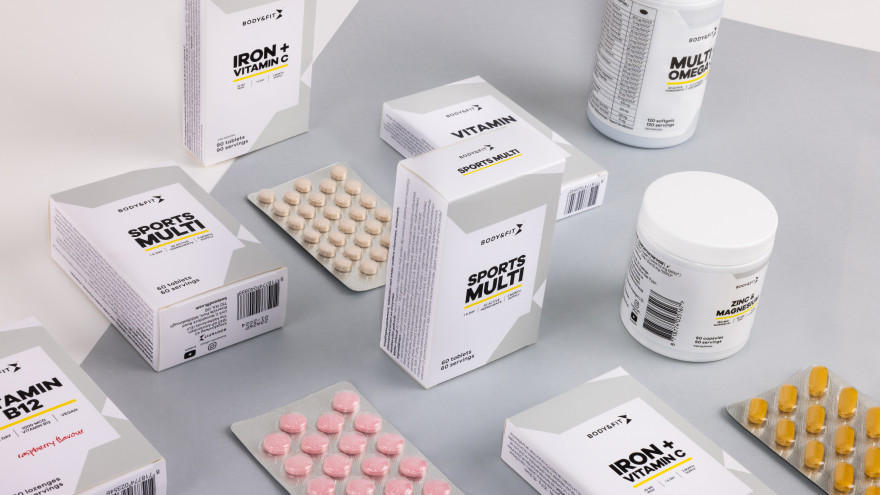
VITAMIN D
Our body can produce vitamin D by itself, although it needs the sun to do so. This makes it quite tricky to get enough during dark winter months. Vitamin D helps maintain normal muscle function, the immune system and healthy bones, so it can be good to supplement during this time of the year. Our Vitamin D3 - 3000 IU is a nice option. One capsule a day is just enough.
Children, the elderly, dark-skinned people and pregnant women can also benefit from a little extra vitamin D. Read more about it in our extensive blog: everything you need to know about vitamin D.
MAGNESIUM
Magnesium plays several important roles in the human body. Among other things, it contributes to normal energy metabolism and muscle function, and helps reduce fatigue. Research suggests that sweat loss from exercise can increase magnesium requirements1. Since our body cannot produce magnesium itself, it’s advisable to eat enough magnesium-rich foods products like nuts, beans, cereals and dark leafy vegetables like spinach. Of course, you can take a magnesium supplement, too.
IRON
Studies show that iron deficiency is common among athletes2, yet it plays an important role in the production of red blood cells. It also contributes to the transport of oxygen around the body, the reduction of fatigue and normal immune system function. You can find iron in foods such as red meat, whole grain products and dark green vegetables.
If you’re looking for more information about vitamins and minerals, or sports nutrition in general, then be sure to contact our Nutrition Experts. You can also find more tips, advice and daily fitness inspiration at @bodyandfit_official. As always, we’re here to help you #FINDYOURFIT every step of the way.
Sources:
Nielsen, F.H., & Lukaski, H. (2006). Update on the relationship between magnesium and exercise. Magnesium research, 19(3), 180-9.
Nickerson, H. J., Holubets, M. C., Weiler, B. R., Haas, R. G., Schwartz, S., & Ellefson, M. E. (1989). Causes of iron deficiency in adolescent athletes. The Journal of Pediatrics, 114(4), 657-663.


